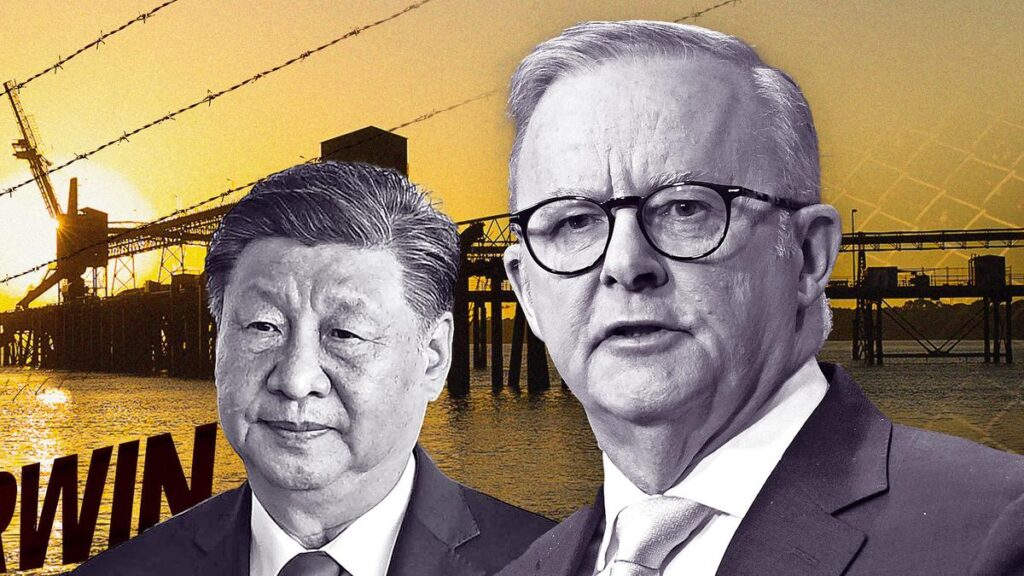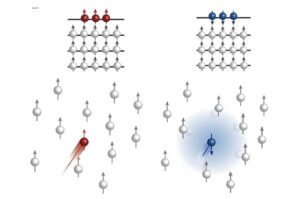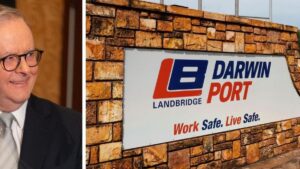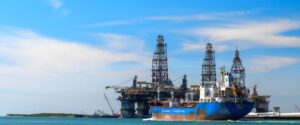
Australian Prime Minister Anthony Albanese is set to embark on a six-day official visit to China, beginning on Sunday, where he will promote Australia as a premier travel destination to Chinese tourism groups. This trip, which includes stops in Shanghai, Beijing, and Chengdu, comes at a critical time as Albania prepares for difficult discussions regarding China’s military ambitions and regional security.
In Shanghai, Albanese will leverage the city’s iconic skyline to attract more Chinese tourists to Australia, aiming to enhance economic ties. Accompanied by Tourism Australia‘s mascot, “Ruby the Kangaroo,” he will oversee the signing of a cooperation agreement with Trip.com, a leading online travel agency. Albanese stated, “Expanding our tourism relationship with China will mean more jobs for Australians and a boost to Australian businesses.”
The backdrop of this tourism promotion is overshadowed by the geopolitical tensions between Australia and China. As Albanese promotes tourism, Chinese surveillance vessels are expected to be monitoring the Talisman Sabre war games occurring off the coast of Queensland and the Northern Territory.
Penny Wong, Australia’s Foreign Minister, has already set the stage for challenging conversations about security issues. During her recent meeting with Wang Yi, China’s Foreign Minister, on the sidelines of the ASEAN summit in Malaysia, Wong expressed Australia’s serious concerns regarding China’s actions in the South China Sea and human rights issues in regions such as Hong Kong, Tibet, and Xinjiang.
The diplomatic balancing act Albanese faces includes maintaining a firm stance on security while promoting economic opportunities. China remains Australia’s largest trading partner and a significant strategic rival to the United States, Australia’s key security ally. Albanese will likely be pressed on the AUKUS nuclear submarine agreement and U.S. requests for increased Australian defense spending when he meets with President Xi Jinping and Premier Li Qiang later this week.
While much of Albanese’s itinerary will focus on “soft diplomacy” through cultural exchanges and business discussions, he emphasized the importance of addressing “honest conversations about some of the disagreements that are there.”
The economic implications of tourism between Australia and China are substantial. In the year leading up to March 2025, approximately 860,000 trips were made to Australia by visitors from mainland China, with a total spend of $9.2 billion. This accounted for about a quarter of all short-term international visitor expenditure in Australia during that period. Additionally, there was a notable 26% increase in visitors and a 28% increase in spending from March 2024 to March 2025.
Albanese’s delegation includes senior executives from some of Australia’s leading companies and universities. They will participate in a roundtable discussion in Beijing aimed at strengthening investment ties. Prominent figures such as Andrew Forrest of Fortescue, Geraldine Slattery of BHP, and Kellie Parker of Rio Tinto are expected to advocate for collaboration in areas like green technology and clean energy.
Kellie Parker remarked on Rio Tinto’s partnerships with Chinese customers to advance low-carbon steelmaking technologies, highlighting the potential for synergies between Australia’s high-quality iron ore and China’s manufacturing capacity. Paul Serra, CEO of SunRice Group, noted the potential for growth in the Chinese market, which is increasingly seeking premium and health-focused food products.
As Albanese carries out this pivotal visit, the intertwining of tourism promotion and national security concerns will shape the discourse between Australia and China in the coming days.







